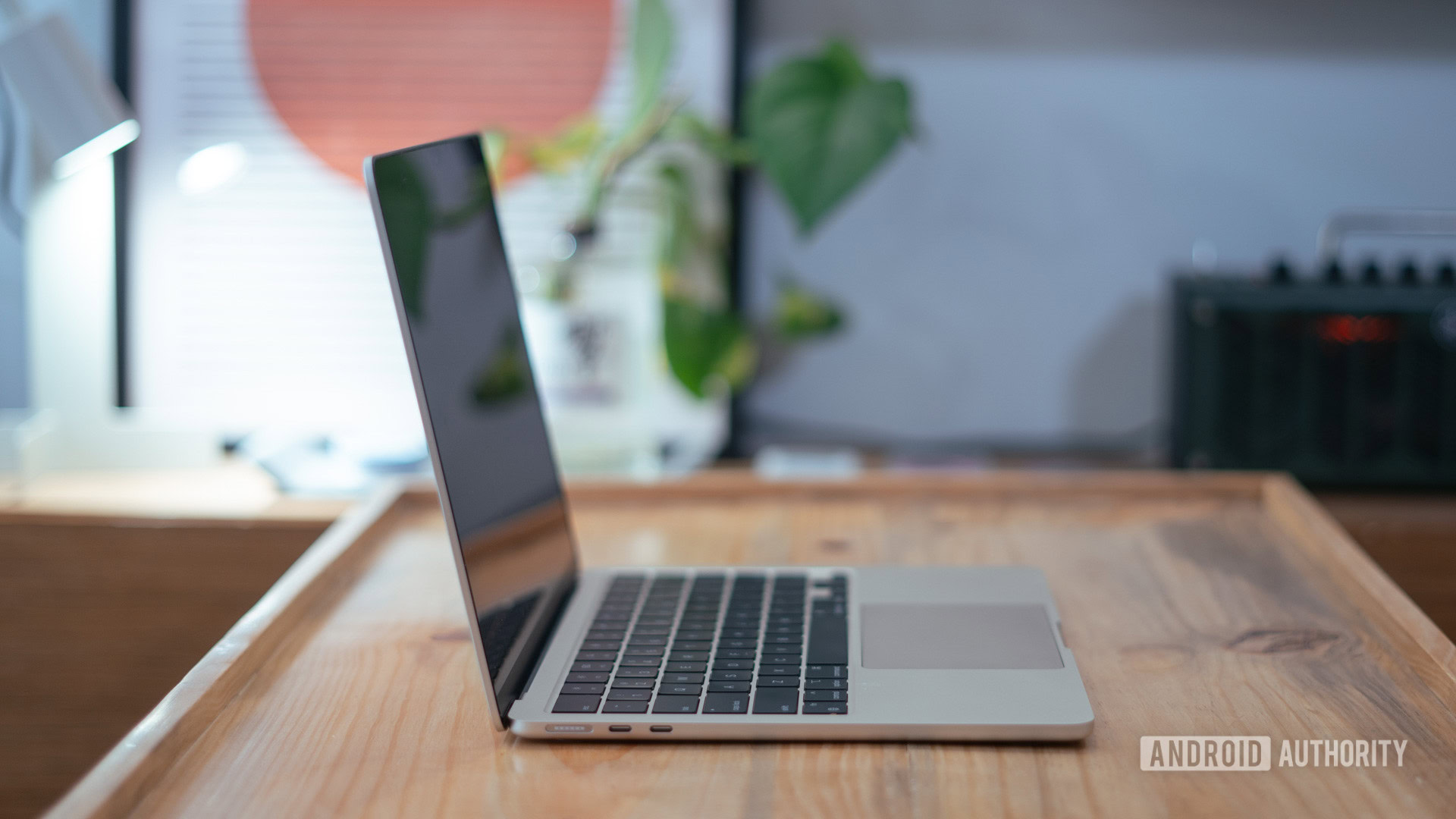Affiliate links on Android Authority may earn us a commission. Learn more.
Can't wait for a laptop with AI capabilities? You're one of few.

It’s seems inevitable that future laptops will come packing some brand of AI smarts powered by an NPU (neural processing unit), much like modern Android smartphones. Software makers like Microsoft and hardware stalwarts like Qualcomm are all racing to develop solutions to service the growing need for generative AI query crunching. These features will be reliant on NPU development, powering offline processing tasks that could do wonders for powering AI assistants and other data-crunching tools even when offline. Despite this potential, many Android Authority readers aren’t too excited by the idea.
Just short of 45% of readers who voted in a recent poll claimed that they’re not at all interested in a laptop with AI capabilities. That’s not an overwhelming majority, however, and does suggest a sizeable portion of users would adopt a wait-and-see approach. Just under a quarter of respondents say that they care more about a machine’s overall specifications, which is the more practical stance to take at present. Finally, more than 30% of respondents are indeed interested in the laptop AI revolution, and welcome the addition of NPUs to laptops’ specs lists.
NPUs on laptops: Too much potential to ignore?
While the poll suggests people view AI-infused laptops in a negative light, readers express a little more nuance with their comments. “I’m in the ‘better to have it & not need it, than need it & not have it’ camp with this,” writes one commenter.
Other readers are more concerned about the software support. “It depends on whether software that uses CUDA or ROCm will be able to use the NPU (like Ollama, Stable-Diffusion),” they write. “I prefer offline AI functionality, and if the hardware will be supported by the software I use, then I’m all-in. However, if it’s just for some software that I don’t control, then job #1 will be to avoid or disable it.”
However, others simply don’t see the need, regardless of the potential or use cases. “NPUs on laptop CPU’s, aka useless things taking up die space that could be better used for more cache, more GPU cores on APUs, or smaller dies to lower cost,” elaborates one reader.
It seems inevitable that NPUs will become commonplace on laptops in the coming years. For now, they’re not an essential piece of kit. Whether they become a critical addition could radically change how buyers purchase new machines.